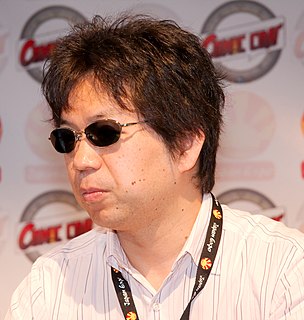A Quote by Luc Sante
Self-reinvention is an essential trope of the American project, closely linked to another such trope: going on the lam. Both are regularly featured in movies and novels and suchlike. Criminals and persons loitering with and without intent hold a crucial place in the culture. For obvious reasons, the culture cannot endorse this behavior, even as it is in thrall to it.
Related Quotes
The structure of my novels has nothing to do with the narrative mode of cinema. My novels would be very difficult to film without ruining them completely. I think this is the area where writers need to place ourselves: from a position of absolute modernity and contemporaneity, creating a culture of objects which cinema cannot.
I think we are becoming more and more linked, and before long, we'll all be one culture. It's happening in every field, not just fashion. Actually, I think the only hope for peace is if culture is homogenized. Unfortunately, money seems to be the only solution to political disagreements. If we are all linked through culture and trade, it won't be worth fighting each other.
Many teachers of the Sixties generation said "We will steal your children", and they did. A significant part of America has converted to the ideas of the 1960s - hedonism, self-indulgence and consumerism. For half of all Americans today, the Woodstock culture of the Sixties is the culture they grew up with - their traditional culture. For them, Judeo-Christian culture is outside the mainstream now. The counter-culture has become the dominant culture, and the former culture a dissident culture - something that is far out, and 'extreme'.






































